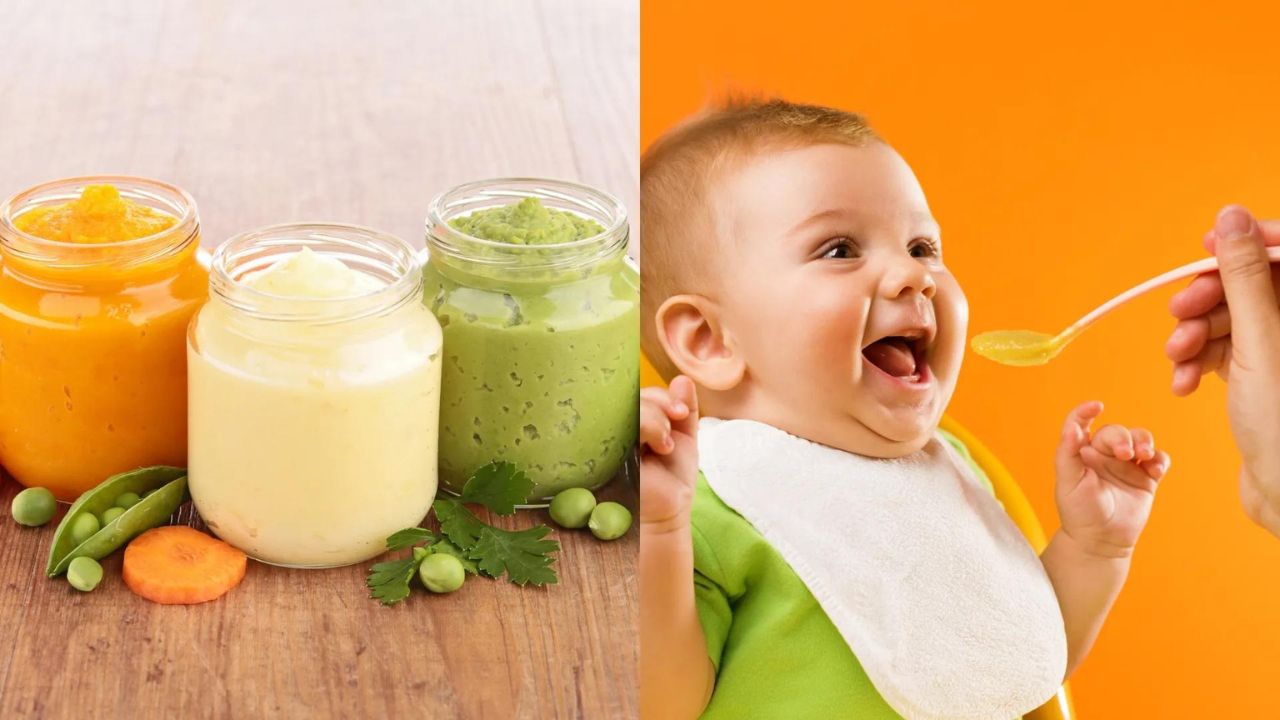In a recent study conducted by the Environmental Working Group (EWG) in the United States, alarming findings have come to light regarding the presence of toxic pesticides in baby food. The research delved into 73 baby food products, revealing that nearly 40% of conventional options contained harmful pesticides. In stark contrast, none of the organic baby food products subjected to the study exhibited traces of these detrimental chemicals.
Among the 73 products scrutinized, 22 of them disclosed the presence of at least one pesticide, with some showcasing the unsettling reality of multiple pesticides. This revelation raises significant concerns about the potential health risks posed to babies. Noteworthy pesticides detected include acetamiprid, a neonicotinoid insecticide recognized for its harm to bees and humans, and captan, a chemical linked to cancer. Additionally, fludioxonil, identified in five products, is suspected to have adverse effects on fetal development and hormone disruption.
The study highlighted that apple-based baby food products were most prone to containing elevated levels of pesticide residue. Blueberries, pears, and strawberries also emerged as common culprits, harboring substantial amounts of these potentially harmful chemicals. In response to these concerning findings, the study strongly advocates for choosing organic baby food products. Such products adhere to stricter regulations, providing a safer alternative by steering clear of pesticides.
While apprehensions about pesticide exposure in baby food persist, the study did reveal a positive trend when compared to a similar investigation conducted by EWG in 1995. Pesticide levels in baby foods were found to have decreased, indicating a step in the right direction. Notably, chlorpyrifos, a pesticide identified in the 1995 study and known for its potential to permanently damage babies’ brains, was banned for use in food in 2021. This ban, a result of evolving awareness and advocacy, signifies progress in safeguarding infants from harmful pesticide exposure.
Despite this progress, the EWG underscores the need for more robust oversight and regulation. The concern remains that any level of pesticide exposure is troubling for babies, and ensuring the continued improvement of safety standards in baby food is imperative. As the study sheds light on both positive developments and persistent challenges, it emphasizes the ongoing importance of vigilance and advocacy to safeguard the health of the youngest members of our society.








